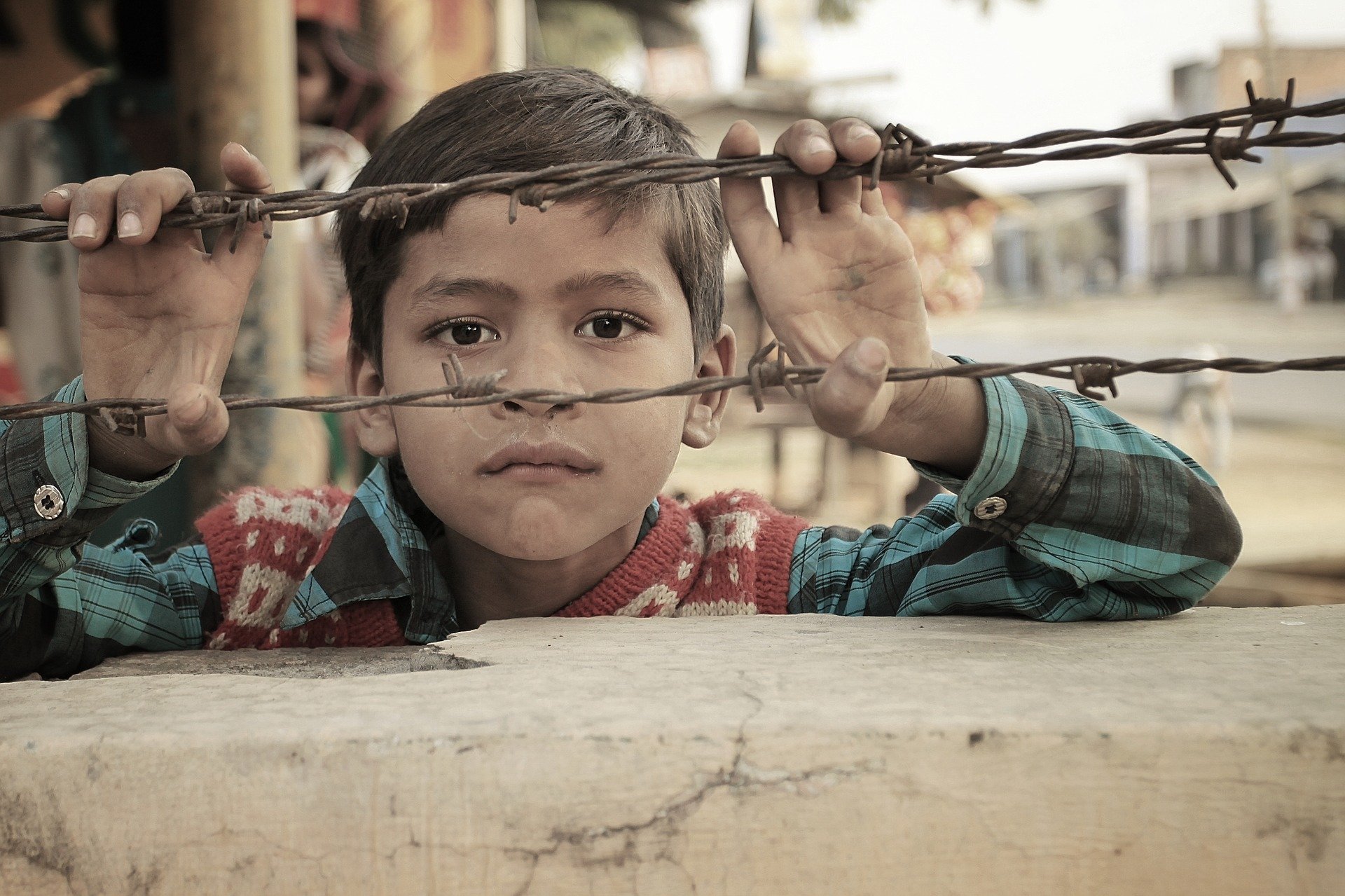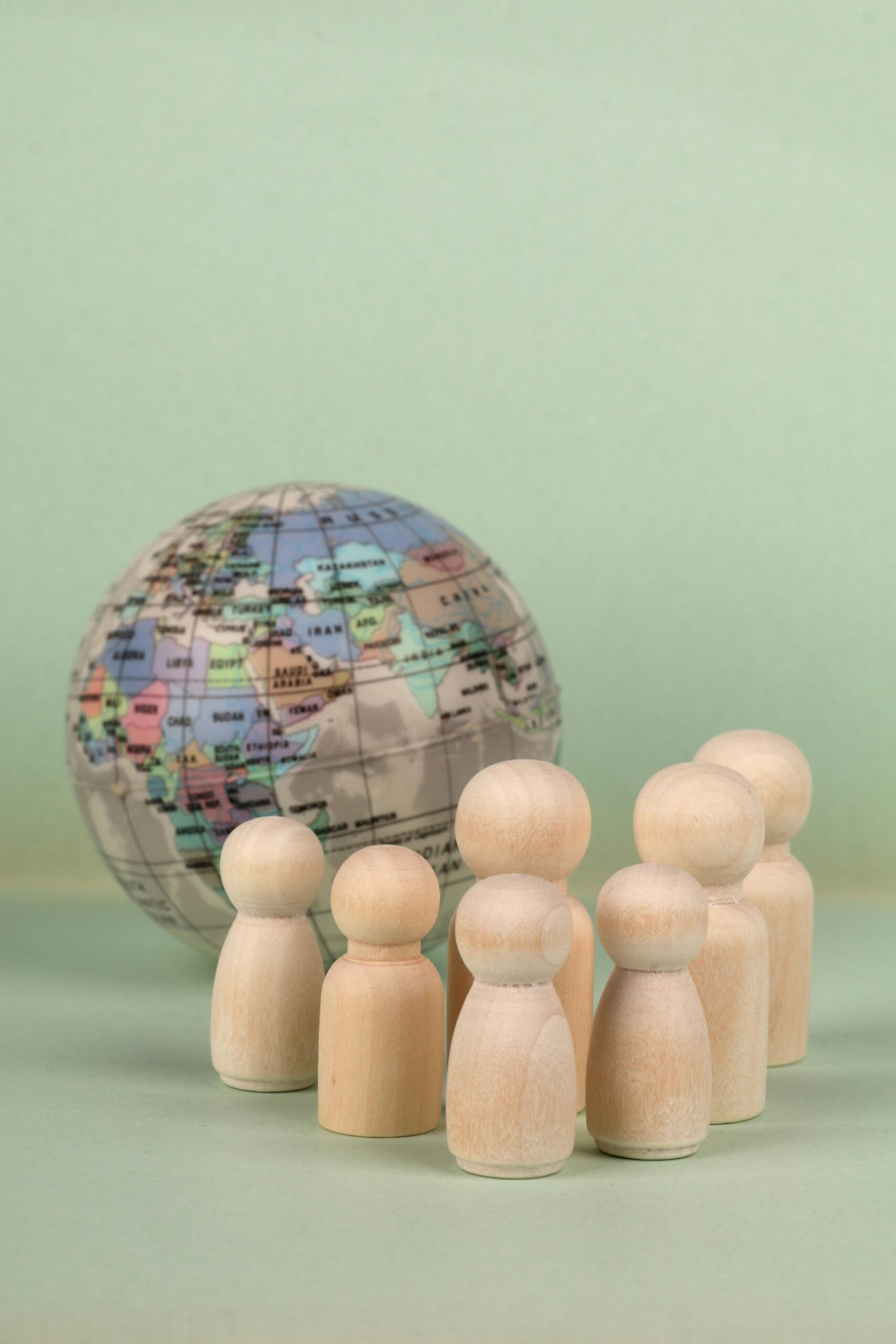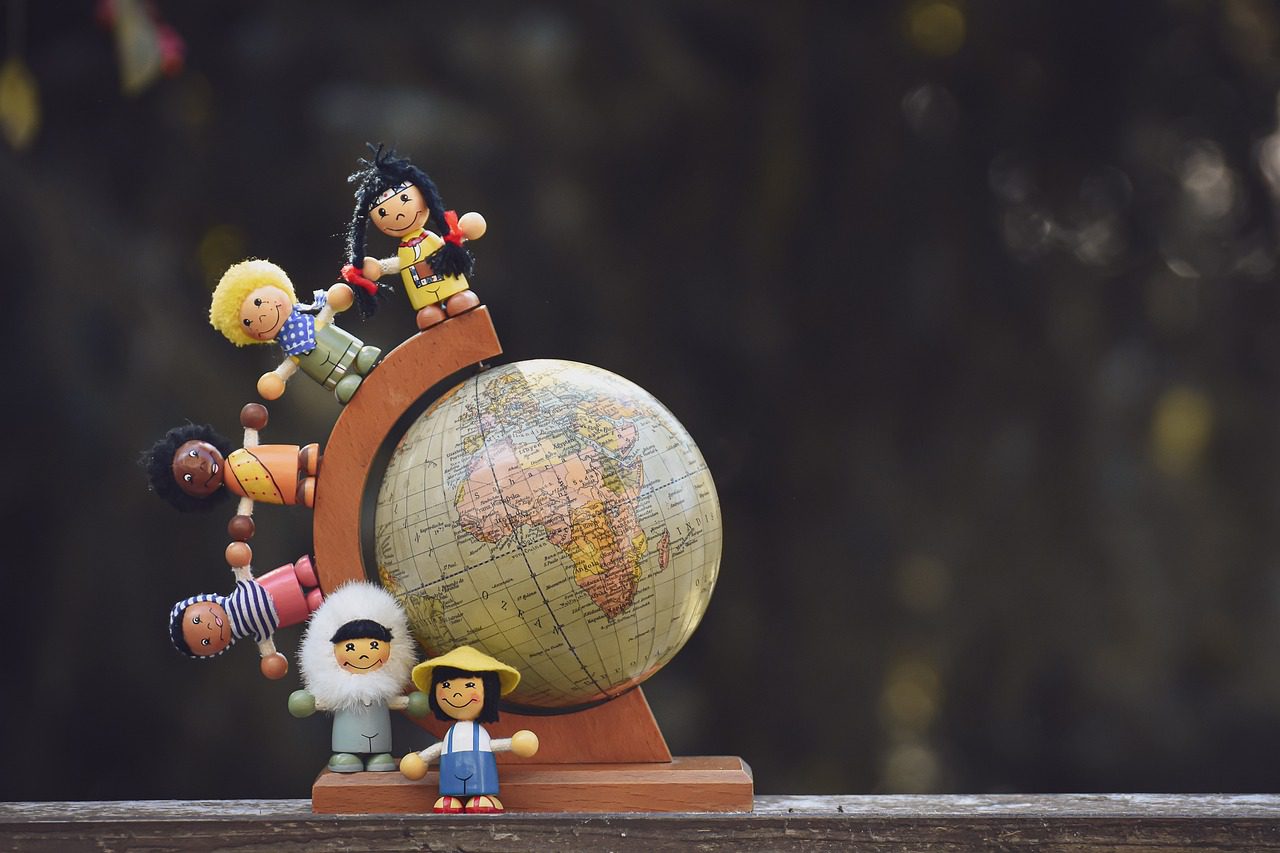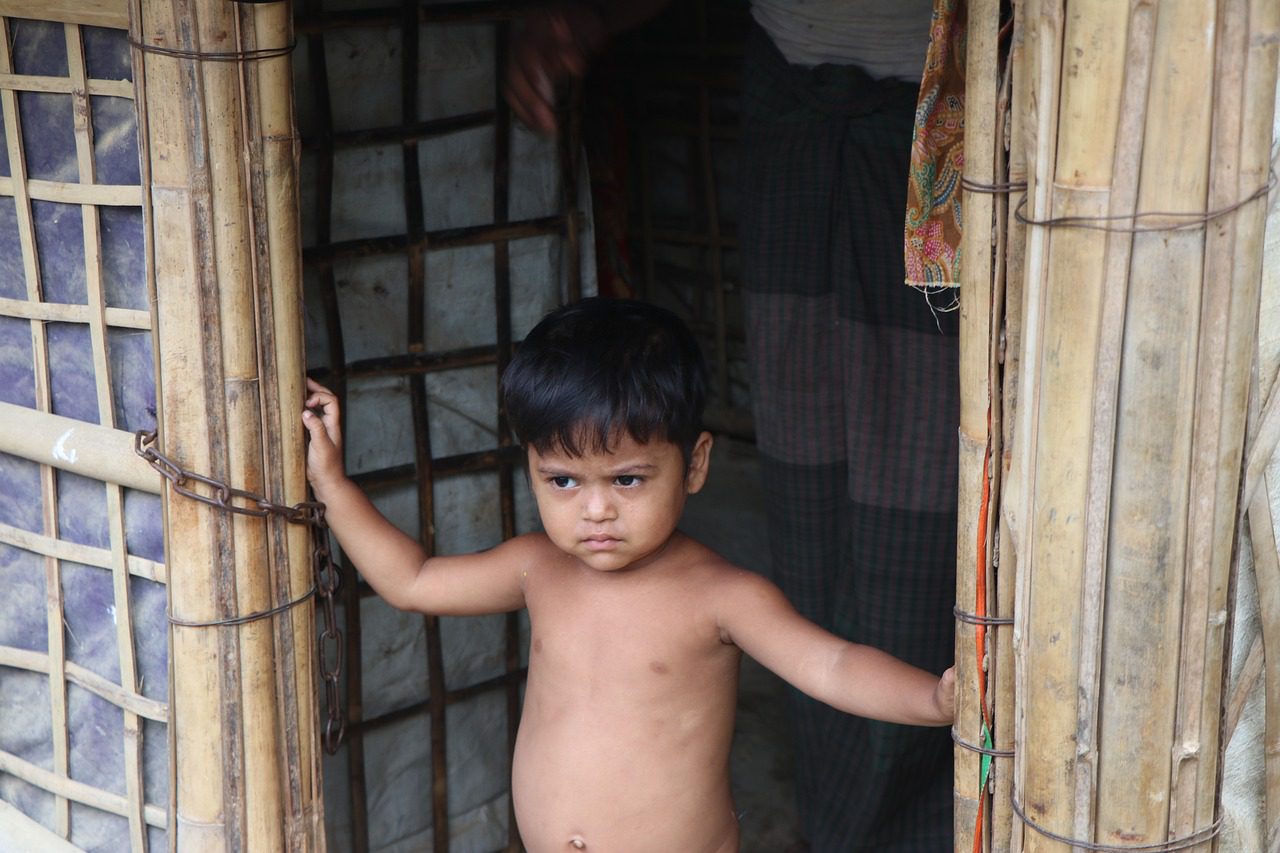One year of Covid pushed 230 million Indians into poverty

Background:-
- One year of Covid pushed 230 million Indians into poverty
- The damage to the economy due to the pandemic was extensive and the poor were hit the hardest.
- Last year, as the lockdown was triggered by the pandemic, it resulted in shut businesses, lost jobs, and falling incomes, putting the Indian economy into a deep recession. Before the pandemic, 1.38 billion people were expected to be included in the global middle class in the year 2020, and now it has been shrunk by 54 million. Around 75 million people were pushed into poverty in a pandemic.
- Job losses were also one of the reasons for increasing poverty, the job losses were higher in states having higher covid cases, because of that people started migrating from the city to their villages.
- Local lockdowns and curbs forced more than half of permanent salaried workers, or formal workers, into informal jobs by the end of last year. The poorest 20% of people nearly lost all their income owing to unemployment during the lockdown while the top 20% of people lost a little less than a quarter.
Linkages:-
- The coronavirus pandemic has distress economies worldwide. Although lockdowns are an effective measure to halt the spread of COVID-19, many people around the world lost their jobs and livelihoods. As a result, some find it impossible to support themselves and their families. To overcome this,the government has taken some measures last year to cope up with the situation. Modi government introduced the scheme named ‘the Pradhan Mantri garib kalyan Yojana’,in which the government gave a ration to the poor people. The scheme also focuses on giving payments to different sections of the society directly into their bank accounts, This will cover farmers, workers under the Mahatma Gandhi National Rural Employment Guarantee Scheme.
- They had also come up with relief packages worth rupees 1.7 lakh cr, which had covered 80 crore people which included cash transfers, and food security by ensuring their safety during the lockdown.
Current situation:-
- According to the recent analysis, around 75 million more people in India fell into poverty last year because of the COVID-19 pandemic.
- The study also said that India’s middle class may have shrunk by a third, while the number of poor people earning less than ₹150 per day doubled.
- Before the pandemic, it was anticipated that more than 99 million people would belong to the global middle class in 2020 but post-pandemic, this number is anticipated to 66 million,India plunged into its deepest recession in more than 40 years.
- Even a 25% fall in their incomes due to the lockdown will make 354 mn more people poor. fixing this with cash transfers will cost the govt Rs 19,500 cr per month.
- The coronavirus crisis also worsened the state of poverty in the world.The global poverty rate also increased to 10.4 per cent last year after witnessing a steady decline over the years. It was previously expected that the poverty rate has decrease to 8.7 per cent in 2020.
Impact:-
- Lack of employment
- Inflation
- Fall in income and consumption
- Decrease in Money value
- Lower spending
- The slowdown of economic growth
- health impacts, due to illness, mortality, or indirect effects on the workforce.
- the economic damage could be more long-lasting, and this is the real risk to families that have been pushed below the poverty line.
- The lockdowns have affected the income distribution of poor as well as middle-class people. the poverty issue had also affected the overall GDP of India. This issue will affect literacy rate, food security, inequality, health, domestic violence, etc. so the impact of COVID-19 on poverty could set back development for several years
Content Contributed by Vaishnavi Dahivalikar






